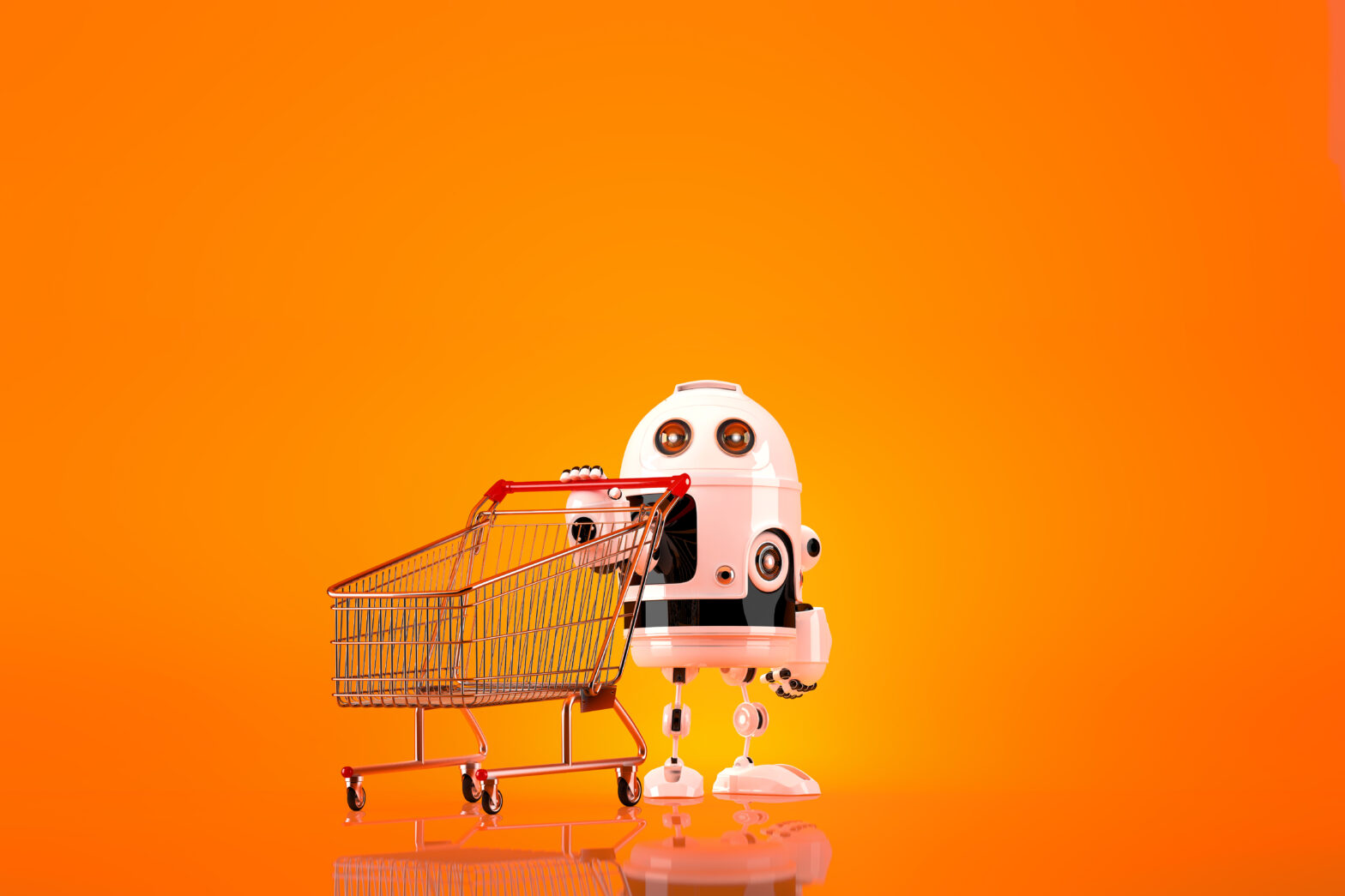The next revolution of big data is at the forefront of the enterprise, with every big name player jumping into the fray of predictive technology and artificial intelligence.
Most recently Salesforce spiced up the competition with its announcement of Einstein, joining others like IBM with Watson, Microsoft’s Cortana and Amazon’s Alexa.
All of a sudden, AI is the enterprise buzzword of the moment. But while the big players are trying to set the standard, this supposed ‘robot’ revolution requires a more critical eye.
>See also: 5 m-commerce trends
In reality, a lot of what is being offered in the market today is merely ‘artificial’.
Lacking the necessary data sets to back it up, these technologies rely on a bring-your-own-data model that leaves most companies in the big data trough of disillusionment.
While in the past statistics were commonplace in the decision-making process, we’re now seeing a shift toward machine learning and predictive analytics.
While data science focuses on the extraction of information from data, predictive analytics focuses on using data to predict and prescribe behaviours.
The more information gathered on past behaviour and occurrences, the better understood the causes and effects of them. This, in turn, allows companies to recognise when a similar situation may arise, and how best to handle it.
>See also: 3 ways artificial intelligence is transforming e-commerce
The more information or data collected and analysed, the more specific and accurate our models and predictions will be.
This has a wide range of applications. It can track disease outbreaks, map weather patterns, help marketing teams determine the success of a campaign, or inform sales teams how likely it is a particular lead will buy from you.
This is about science, including big data and AI technology, holding the key to unlocking human potential.
To be clear, this isn’t about robots taking over jobs. Even the smartest machines are going to need teachers and those teachers will always be human experts. There are also some industries which will always require the human touch.
For example, take the sales industry. Machine learning can help identify which sales prospects are most likely to buy from who, but clinching a deal will always need to be done by humans.
It’s a trust thing – people simply won’t be comfortable making huge purchase decisions with a robot or machine – they will always want a human on the other end of the line.
>See also: Data will be AI’s key enabler
What is envisioned is a true sales revolution – a generation of sales reps who are better equipped, better informed and more effective than any that has come before. And it’s not going to wait until the future, it’s happening now.
Unlocking the true potential of AI-powered sales requires an integrated platform that ties together massive data sets, AI technology and apps that can deliver predictive insights directly to the business.
It’s a tall order, but the power of AI will unleash potential of sales organisations. That’s the difference between AI as a buzzword and the technology industry’s biggest opportunity.
Sourced by Martin Moran, SVP and GM – EMEA, InsideSales.com







